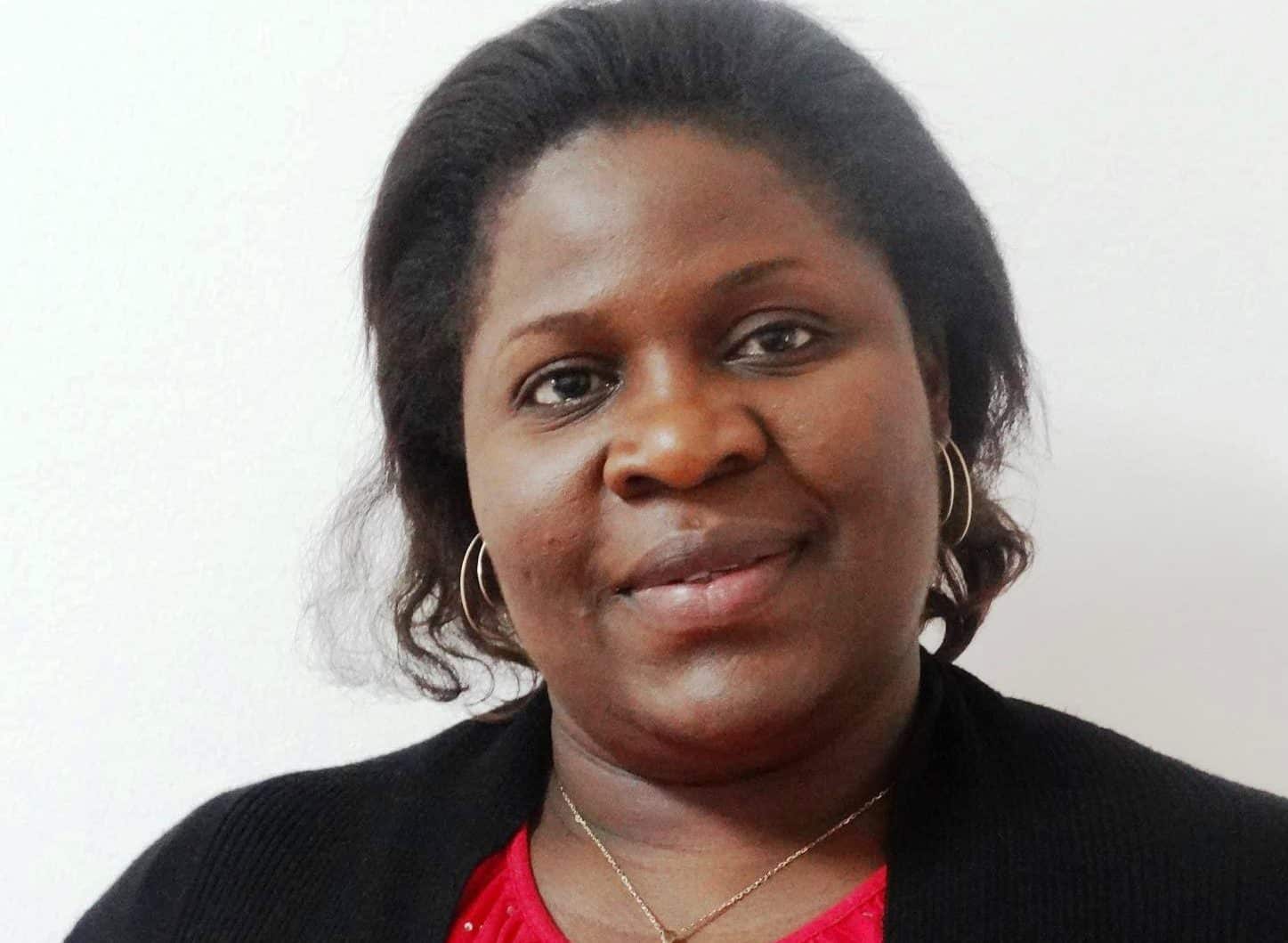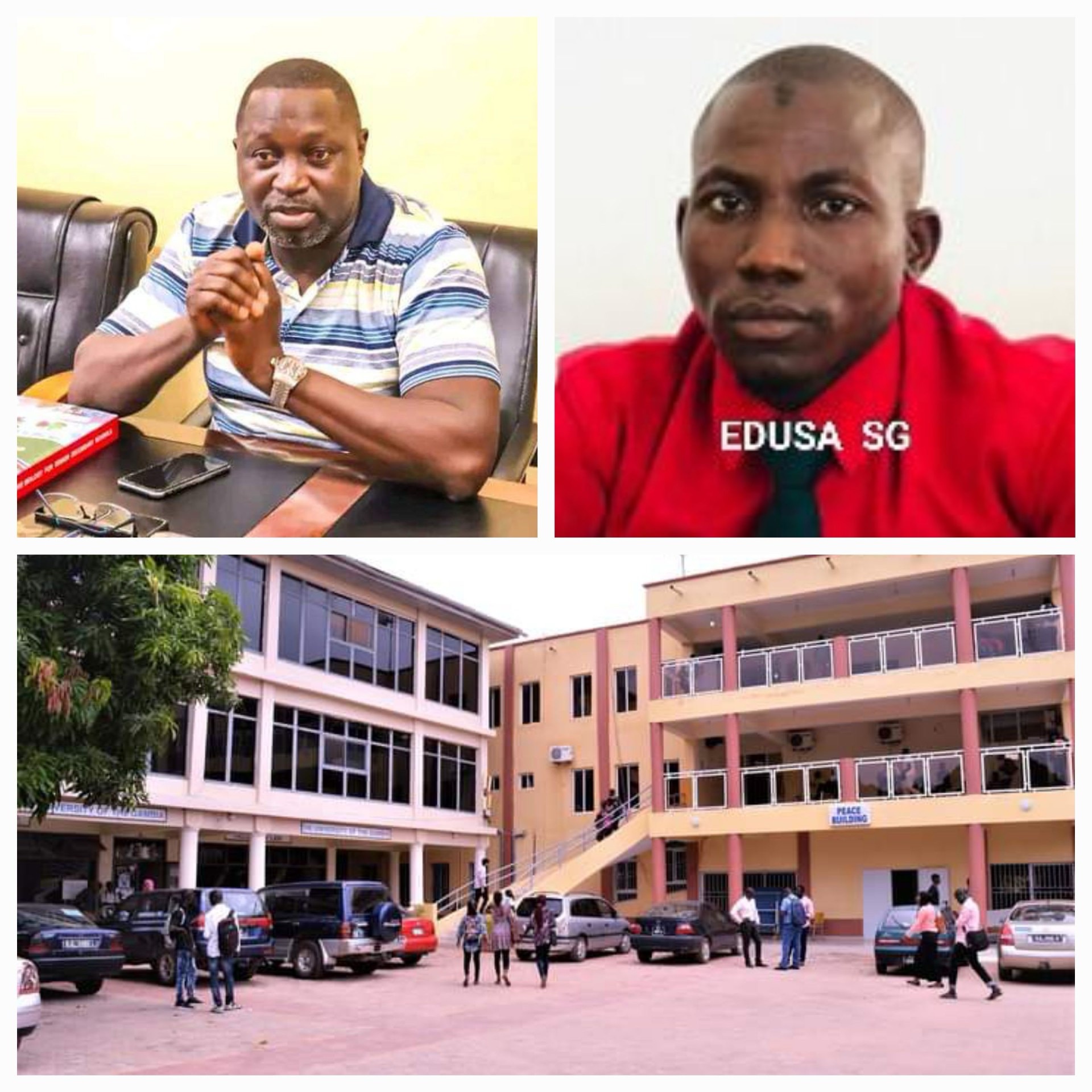ARTICLE 19 is extremely concerned by the crackdown on protesters and journalists in The Gambia and calls for an immediate investigation into the excessive use of force during a protest on 26 January.
The closure of two radio stations, arrest of journalists, banning of the Three Years Jotna Movement and crackdown on protesters is a chilling reminder of 22 years of repression in The Gambia.
Fatou Jagne Senghore, Regional Director of ARTICLE 19 West Africa said:
“We call on the President to order an independent investigation into these worrying events, to both determine how this happened and to prevent any future crackdown on protesters and the media.
“The authorities must immediately release all journalists, re-open the radio stations and reassure the media that it can do its work independently. In addition, they should release all protesters who are solely detained for exercising their right to protest. The security forces have a duty to protect journalists and protesters. ”
“The government should also lift the ban on the “Three Years Jotna Movement”, in line with the Constitutional guarantee of freedom of association and expression.”
On Sunday 26 January, the “Three Years Jotna Movement” (Three Years Enough in local language Wolof) organized a peaceful protest in the streets of Banjul against President Adama Barrow’s decision to remain in office for the constitutionally prescribed five year term, despite his pledge in 2017 to step down after three years and hold elections.
The march, which was initially authorised but later banned, ended when security forces used tear gas to disperse the protesters and in response, some protesters threw stones at security forces. The armed forces were reportedly deployed to crackdown on the protesters. Dozens of people including journalists were injured.
According to media sources, three persons were killed, claims the authorities denied. According to a government statement, 137 persons were arrested, including the leaders of the “Three Years Jotna Movement”, and the movement was banned.
Senghore added: “People have the right to protest and express their opinion freely, without the risk of arrest. It is shocking that the security forces chose to use force without any apparent reason. This has only increased the tensions and may result in further human rights violations.”
The government also suspended two radio stations, Brikama-based Home Digital FM and Tallinding Kunjang-based King FM radio station, and arrested four journalists, including the Manager of Home Digital FM Pa Modou Bojang and the Manager of King FM Gibbi Jallow. The police are reportedly investigating allegations of incitement to violence and fear.
Gambia’s Constitution and the right to freedom of expression
Since 2017, The Gambia has made significant progress in protecting human rights, and it is critical that these gains are safeguarded. T
he Gambia’s Constitution guarantees the right to protest and freedom of speech, expression, and association. It also guarantees the freedom and independence of the media. In addition, The Gambia has explicitly accepted human rights obligations through the international and regional human rights treaties which it has signed, such as the African Charter on Human and Peoples’ Rights and the International Covenant on Civil and Political Rights.
The authorities have a positive duty to facilitate and protect peaceful assemblies. They can only restrict the right to protest if it is strictly necessary and proportionate for the protection of national security, public order, public health, and the protection of the rights of others. Any restrictions imposed which do not meet all elements of legality, proportionality and necessity constitute violations of the right to protest.
The role of law enforcement officials during protests is to ensure the safety of the public and to safeguard the human rights of all persons. the police should facilitate peaceful assemblies and protect those who want to exercise their right to protest.
The police should be guided by the presumption of peacefulness, rather than assuming there will be violence and resort to using force.
Moreover, they can only use force in exceptional circumstances, when strictly necessary, in proportion to the threat of violence and only against violent protesters.
The military armed forces should as a general rule not be deployed for the policing of protests. Tear gas may only be used to disperse a crowd when there is more generalized violence, due to its indiscriminate effects and high potential of harm.





